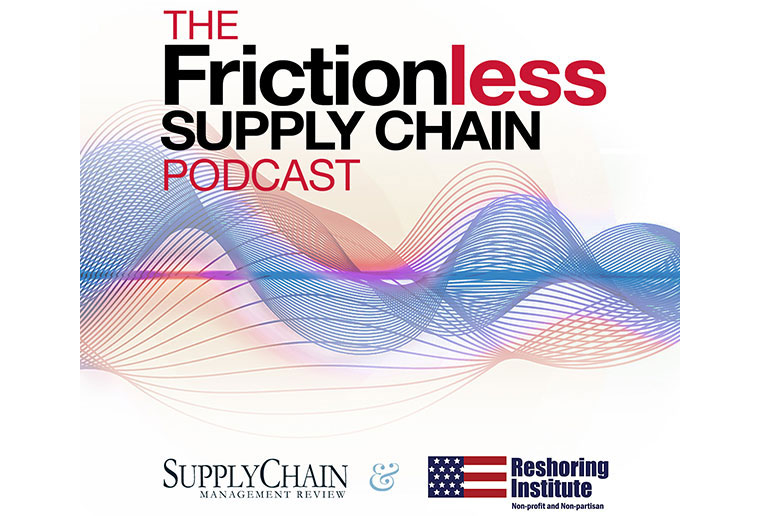The National Retail Federation is encouraging maritime management and the union representing dockworkers along the U.S. West Coast ports to expedite pending contract negotiations and reach agreement on a new deal well in advance of the expiration of the current contract this summer.
NRF believes expedited negotiations would strengthen the supply chain and provide shippers and retailers the certainty they need to utilize the West Coast ports during the holiday shipping period, which begins in July.
“We urge you to begin contract negotiations now and to attempt to reach agreement on a new contract before the June 30 expiration,”
“These negotiations are important to all of the import and export and related industries who rely on these ports to move the nation’s commerce,” says NRF president and CEO Matthew Shay.
He also asked for immediate contract negotiations in a letter to the International Longshore and Warehouse Union and Pacific Maritime Association, who currently plan to start negotiations in mid-May. The pending contract covers nearly 14,000 ILWU jobs at 29 containerized ports along the California, Oregon and Washington coastline.
A majority of imported retail goods are shipped through West Coast terminals and gates.
According to NRF’s Global Port Tracker report, major West Coast ports handled 11.2 million cargo containers in 2013, or 69 percent of the total at U.S. retail container ports followed by the report. Given the importance of the West Coast ports, retailers have already begun to develop alternative plans to ensure the proper flow of holiday merchandise.
“NRF’s members, as well as other stakeholders, have already begun contingency planning to ensure their cargo does not get caught in potential disruptions,” Shay said. “Any kind of disruption at the ports would add costly delays to our members’ supply chains and other industries relying on U.S. West Coast ports, and it likely further threatens the fragile economic recovery.”
The last major supply chain disruption to affect the entire West Coast took place in the fall of 2002, when management locked out dockworkers for 10 days. The prolonged work stoppage, which was ultimately stopped when President George W. Bush invoked the Taft-Hartley Act, significantly impacted the global supply chain and cost the economy between $500 million and $2 billion a day.
With the current Longshore and Clerks’ Contract expiring just three months from now on midnight of June 30th, The International Longshore and Warehouse Union (ILWU) is gearing up for a major fight.
As reported in Logistics Management, ILWU International President Bob McEllrath has told members to “hold the line,” and encouraged them to propose strategies to address the challenges ahead.
SC
MR

Latest Supply Chain News
- Tips for CIOs to overcome technology talent acquisition troubles
- There is still work to do to achieve supply chain stability
- Blooming success: The vital role of S&OE in nurturing global supply chains
- Supply chain salaries, job satisfaction on the rise
- How one small part held up shipments of thousands of autos
- More News
Latest Podcast

 Explore
Explore
Topics
Latest Supply Chain News
- Tips for CIOs to overcome technology talent acquisition troubles
- There is still work to do to achieve supply chain stability
- Blooming success: The vital role of S&OE in nurturing global supply chains
- Supply chain salaries, job satisfaction on the rise
- How one small part held up shipments of thousands of autos
- Investor expectations influencing supply chain decision-making
- More latest news
Latest Resources

Subscribe

Supply Chain Management Review delivers the best industry content.

Editors’ Picks





